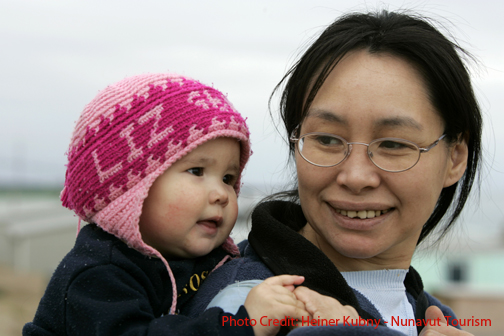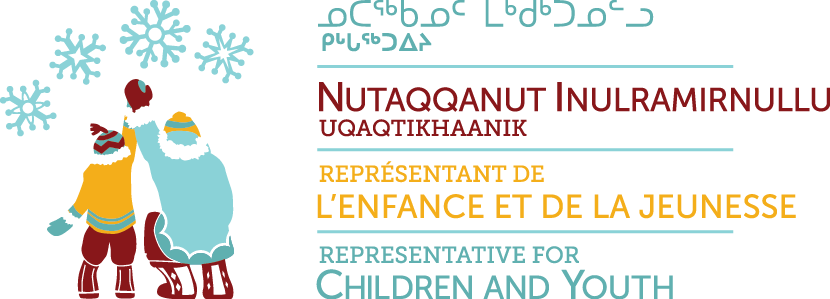Parents and family members often have questions about child rights. This brief list answers the most common questions we hear from parents.
 What are child rights?
What are child rights?
Child rights are things every child should have or be able to do to
lead a life of dignity and thrive. Child rights include:
- the right to healthy food
- the right to a safe place to live
- the right to a life without violence
- the right to culture
- the right to be cared for, as far as possible, by their parents
- the right for children to say what they think and have adults listen
If you’d like to know more, check out this plain language version of the United Nations Convention on the Rights of the Child. It explains child rights that many countries around the world have adopted. It also explains what governments and families must to do support child rights.
How can child rights affect my ability to raise and guide my child?
Child rights can have a very positive impact on your ability to raise your child. Knowing about child rights can empower your children and yourself. It can help you advocate government for more services and programs to support families. This is because the Convention on the Rights of the Child is very much a pro-family document. It champions the role parents have in raising their children. It also recognizes governments should help support families.
Will my child talk back if he or she learns about a child’s right to express him or herself?
If a child talks back, you can use it as a learning opportunity. You can support your child in saying what he or she thinks. But you can also point out that human rights include respecting others. Explaining this can help conversations you have with your child stay respectful.
Could my child use his or her rights as a way to get what he or she wants?
Maybe your son will try to demand candy, when you have already said no. Maybe your daughter will try to get out of a family obligation by insisting she has a right to play, right now. This is another learning opportunity. It’s a chance to explain the difference between wants and rights. You can explain rights are things all children are entitled to because they help all children thrive. But wants are not rights. They aren’t needed to thrive and develop. You could also point out that you, as a parent, are responsible for your child’s well-being. Remember that child rights aren’t about turning parents and children against each other! Children’s right to express themselves can benefit their families. It can add a unique and valuable perspective.
How can I support my child’s rights?
Families can support their children’s rights simply by increasing their own understanding. If you know what your children’s rights are, you can help them advocate for these rights.
Please contact our office for more information. We are here to answer your questions!

